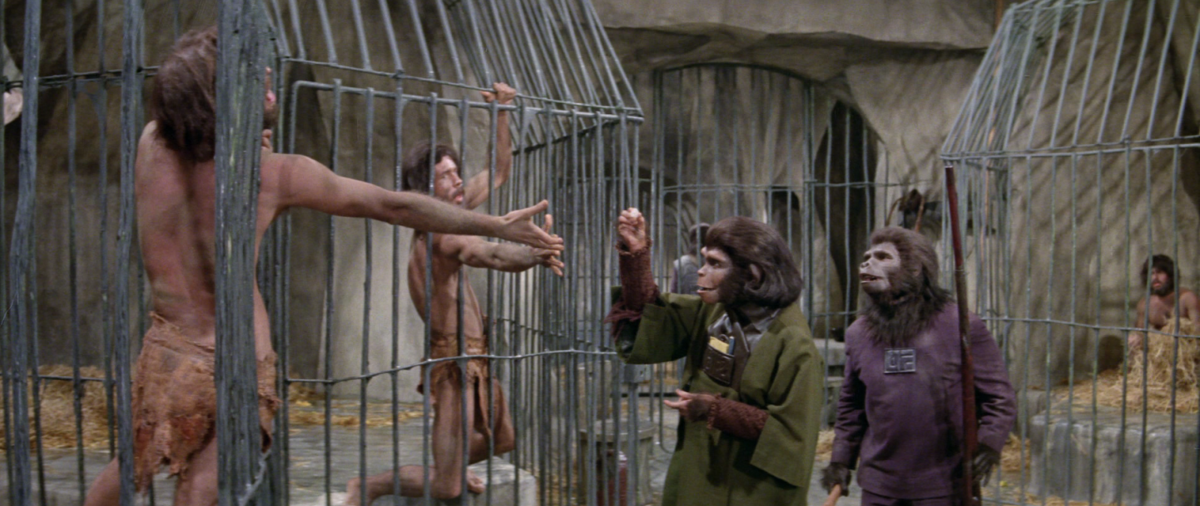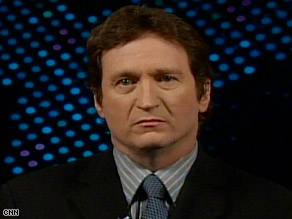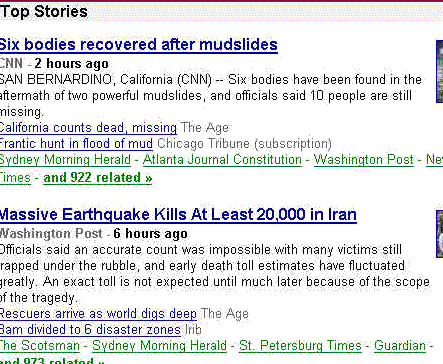On February 14, 2024, The Cut published an essay by Emily Gould. A few people forwarded it to me — perhaps because of my own checkered history with Gould, a history for which I feel great shame and deep regret about.
Presumably, a few of these people hoped that I would snark it up.
Well, I can’t. It is absolutely impossible for me to do so in any way after reading that essay.
Aside from the fact that Emily Gould is, like all of us, a human being, there’s also this to consider: I did wrong. Significant wrong. Tectonic-plate shifting wrong that has largely (and perhaps rightly) been perceived as unforgivable.
I am not asking for forgiveness. But because I have done wrong, it is my duty and my responsibility to address Gould’s essay. It’s important for people to know and fully understand exactly how the New York media world openly exploits people with mental health issues and how we perceive people on social media through these hideous fishbowls that only intensify the pain that they have to live with. They did it to me. They have done it to so many other people with Everest-sized hearts and stratospheric talent. They’ll continue to do it to others.
Right now they’re doing it to Emily Gould.
And that is absolutely wrong.
I have to put my foot down.
Enough is enough.
It is morally indefensible to leave Emily Gould so open and vulnerable to vituperative comments and attacks that she should not be reading right now.
Emily Gould is a human being who needs help. It’s truly that simple.
I attempted to leave a version of the below essay in the Cut comments, but, rather predictably, the New York Magazine people censored me. I’m honestly not surprised. Online hate is the only currency they have to recoup their investment on whatever vilely picayune amount they paid out to Emily Gould for her essay. This whole business of exploiting someone’s worst demons like this is a deeply sickening and repugnant three-ring circus that only grows worse as so many media outlets cut more jobs.
Here is the goddamned truth. I will not be able to sleep tonight if I don’t say what I have to say — which is probably not what you are going to expect from me. So here goes.
In 2007, Emily Gould put up a vicious post on Gawker in which she defamed me. I had made a splash as a quirky literary journalist with some reach. I was literally living hand-to-mouth and Gould was savage and merciless, ridiculing me as I was desperately trying to collect a check from a deadbeat editor to buy food. I later learned that Gould had been planting seeds of gossip about me on the literary cocktail party circuit.
Seven years after Gould’s post, I went through a significant mental health crisis that went terribly public. The same thing that’s happening with Gould’s essay. I was unwell, much as Gould here is unwell.
While reading this essay, I misted up several times, recognizing patterns of self-delusion that I believed in when I had my breakdown. You see, when I went through my own mental breakdown, I should not have been writing publicly like some monkey dancing for other people’s amusement in a zoo. At the time, I had the wrong friends, the wrong partner, and the wrong support group. I should have removed myself entirely from the media/literary circuit and asked for help and forgiveness. I did not do that. Instead, I went full-bore self-destructive, much like Gould here. That’s the great cruelty of mental illness: you truly and stupidly believe that you are invincible and you often refuse to acknowledge your own wrongs. Even when you are unknowingly and uncontrollably hurting people. (I feel so bad for Keith and the kids.)
I wrote an extremely vicious and completely unacceptable article about Gould that I still feel great shame about to this very day, that I again apologize for, and that I wish that I had never published. This piece was seized upon by the very rumormongering crowd that Gould ran with. It only served to exacerbate my crisis and erode the good will and high caliber offerings that I had spent years building up. When I returned with my podcast in an attempt to “reclaim” myself (like Gould here), Gould helped lead a hateful campaign against me and, in a now deleted tweet, expressed her great hope that I would kill myself. And it helped to push me over the edge, leading to an uncontrolled drinking binge, a suicide attempt, my hospitalization, six months of homelessness, and a long article with a substantial number of completely untrue and unverified stories about me that I still have to answer to nearly ten years later. Anyone who knows me in the real world knows who I am. Anyone who has never met me believes I am something else: a cartoonish villain that has been created by the media industrial complex. I am absolutely certain that there is a similar disparity between the Real Emily and the Media Emily. And I was absolutely wrong to perpetuate any notion of Emily Gould as a cartoon.
I have read Emily Gould’s essay three times. As someone who has been through the wringer and who has cleaned himself up, I am asking all of you to back off here. Please do not speculate. Please do not condemn. Please do not judge. You do not know Emily Gould anymore than I do. This is only going to make things worse for Gould, her family, and her friends.
Empathy. That’s what I’m calling for. Gould has the same problem I had: spill all your problems into a major public forum, get attention, but never entirely address the true underlying problems.
Emily, if you’re reading this, I urge you — as a fellow depressive who has no ill will towards you, who forgives you, and who apologizes for any harm I have caused — to keep your demons private and to not allow any editor to exploit your pain and depression for mercantile gain. And if you think you can’t do it, I’m telling you that you can. I got off heavy drinking. I got off cigarettes. And I was highly accomplished at both of those forms of slow suicide. I’m now in a happy relationship and I am a father figure to two lovely kids. And that matters more than any “fame” I once had or any infamy I now possess in spurts. Live. Be humble and grateful. Take care of yourself. That’s more important than being a writer. I urge you from the bottom of my heart to live the best and most peaceful life you can. We only go around this merry-go-round once and you, like anyone, deserve the best ride imaginable.
2/14/24 PM UPDATE: The exploitation of Emily Gould’s mental disability for financial gain appears to be much bigger than I initially estimated. Publishers Lunch reports that Gould will apparently be publishing a book version of her bipolar year with Avid Reader Press. Presumably, the essay featured in The Cut serves as a precursor. Gould’s original Twitter account was suspended — for reasons unknown. But she is still going strong with a Twitter account sanctioned by New York Magazine.
2/15/24 UPDATE: While I quietly unpublished my 2014 essay about Emily Gould (and its attendant comments) last night, my understanding is that some people are still able to access it through a Google cache. I respectfully request that you do not read it or track it down. There is no reason to cause any of the parties further pain or grief. Let me be clear: I fully renounce the ugly words that I wrote in 2014. It was a colossal mistake and I again sincerely apologize to anyone who I had ever hurt. Thank you.





 But for anyone who contemplates shedding a tear or observing a moment of silence, I have to ask an important question: Did Peter Jennings ever ask a tough question in his life? And if he did, did it come during the past twenty years? Because I sure as hell don’t recall Jennings giving us much more than somnolent narration not dissimilar from a half-baked nature program.
But for anyone who contemplates shedding a tear or observing a moment of silence, I have to ask an important question: Did Peter Jennings ever ask a tough question in his life? And if he did, did it come during the past twenty years? Because I sure as hell don’t recall Jennings giving us much more than somnolent narration not dissimilar from a half-baked nature program. So according
So according 